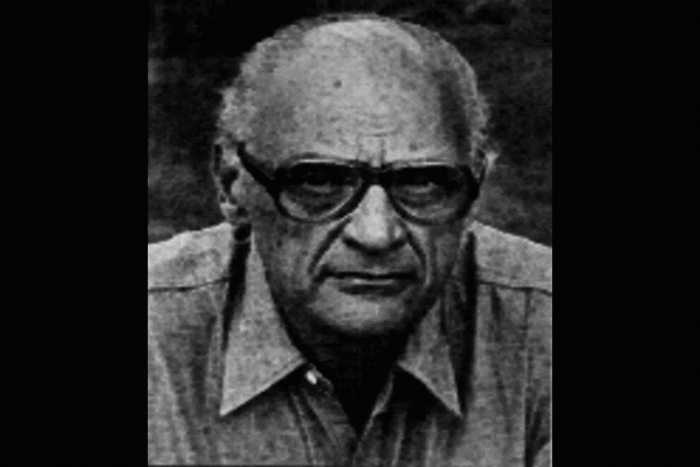Delving into the captivating realm of tragedy and the common man summary, this exploration unravels the profound impact of ordinary characters on the emotional core of tragic narratives. By examining the historical roots of tragedy and analyzing key themes, we embark on a journey that illuminates the enduring relevance of tragedy in both classical and contemporary contexts.
The concept of the “common man” in tragedy emerged as playwrights sought to connect with broader audiences, recognizing the universality of human suffering and the power of empathy. This shift from heroic figures to ordinary individuals transformed the emotional resonance of tragedies, making them more relatable and deeply affecting.
Tragedy’s Historical Roots: Tragedy And The Common Man Summary
Tragedy originated in ancient Greece as a form of religious ritual. The earliest tragedies were performed in honor of the god Dionysus, and they typically featured stories about the downfall of great heroes or kings. These tragedies were meant to teach the audience about the dangers of hubris, or excessive pride.
Fate and the gods played a major role in classical tragedies. The Greeks believed that the gods were responsible for both good and bad fortune, and that humans were powerless to change their fate. This belief led to a sense of inevitability in Greek tragedies, as the characters were often doomed to fail from the very beginning.
Some of the most famous Greek tragedies include Oedipus Rexby Sophocles, Medeaby Euripides, and The Bacchaeby Euripides. These tragedies explore themes such as pride, jealousy, and revenge, and they continue to be performed and studied today.
The Common Man in Tragedy
The concept of the “common man” in tragedy was first introduced by the playwright Arthur Miller in his essay “Tragedy and the Common Man.” Miller argued that tragedy could be just as powerful when it featured ordinary characters as when it featured kings and heroes.
There are several reasons why playwrights began to focus on ordinary characters in tragedies. One reason was that the rise of democracy in the 19th century led to a new emphasis on the importance of the individual. Another reason was that the Industrial Revolution created a new class of working-class people who were often the victims of tragedy.
The common man in tragedy has a different impact on the emotional resonance of the play than a king or hero. When we see a great man fall, we may feel pity, but we may not feel as close to him as we would to a common man.
The common man is more relatable, and his suffering is more likely to touch us on a personal level.
Key Themes in “Tragedy and the Common Man”

Miller’s essay “Tragedy and the Common Man” explores several key themes, including:
- The importance of the individual: Miller argues that the common man is just as important as the king or hero. He believes that tragedy can be just as powerful when it features ordinary characters as when it features great men.
- The inevitability of suffering: Miller believes that suffering is an inherent part of the human condition. He argues that tragedy can help us to understand and accept our own suffering.
- The power of hope: Miller believes that even in the darkest of times, there is always hope. He argues that tragedy can help us to find hope and meaning in our own lives.
The Purpose of Tragedy

The purpose of tragedy is to provide catharsis, or a release of emotions. When we watch a tragedy, we experience the emotions of the characters, and this can help us to purge our own emotions of pity and fear. Tragedy can also help us to understand the human condition and to find meaning in our own lives.
Tragedies can have a profound impact on audiences. They can make us think about our own lives and our own mortality. They can also help us to understand the world around us and to find meaning in our own suffering.
Modern Interpretations of Tragedy
The concept of tragedy has evolved over time. In the 20th century, playwrights began to experiment with new forms of tragedy. Some playwrights, such as Samuel Beckett and Eugene Ionesco, wrote absurdist tragedies that explored the meaninglessness of life. Other playwrights, such as Bertolt Brecht and Arthur Miller, wrote political tragedies that explored the social and political issues of their time.
Modern interpretations of tragedy are often more complex and ambiguous than classical tragedies. They may explore a wider range of themes, and they may not always offer a clear resolution. However, modern tragedies continue to provide catharsis and insight into the human condition.
Quick FAQs
What is the central theme of “Tragedy and the Common Man”?
The central theme explores the emotional impact and universality of tragedy when ordinary characters are thrust into extraordinary circumstances.
How did the concept of the “common man” emerge in tragedy?
Playwrights began to focus on ordinary characters to connect with broader audiences and make tragedies more relatable and emotionally resonant.
What is the purpose of tragedy?
Tragedy serves a cathartic function, providing insight into the human condition and offering a release of emotions through empathy and reflection.
